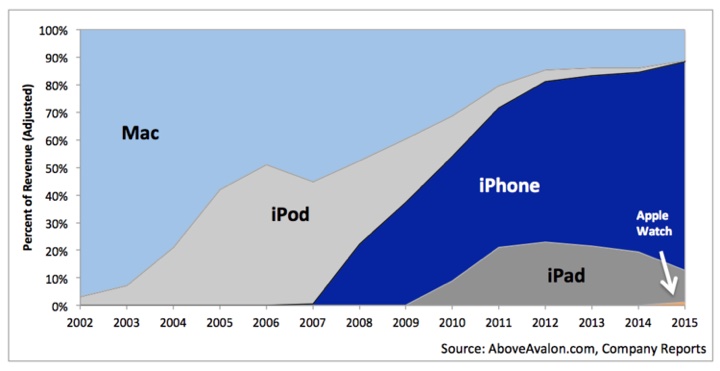Halfway through his day at work, Norman yawned.
“Oh no, don’t start doing that!” a coworker joked.
Norman chuckled. “Yeah, I know.”
“Rough night?”
“You could say that,” Norman lied.
Norman didn’t have a rough night. Norman had gotten eight hours of restful sleep. Norman was just always a little tired.
That’s a story from The Life of Norman, a reddit thread where thousands of people tell boring stories about the fictional Norman’s boring life. And it’s fascinating. From Michell Woo’s The Life of Norman (and the Rise of Boring):
Now, all day, every day, redditors construct the intricacies of the life of this unremarkable man, mostly in 500 words or less. Reading through the titles feels like watching paint dry. Norman goes into his office building. Norman makes a steak for dinner. Norman receives a text message. Norman does the laundry. Norman meets a friend and they talk about how they both used to enjoy opening Microsoft Paint, drawing some squiggles, and coloring in the spaces. Life of Norman is possibly the most action-deficient fanfiction series in existence—and that’s what makes it so compelling to its creators and audience.
Why are people drawn to this? One possible reason:
After writing 40 stories about Norman and following his journey so closely, [Cameron Crane, a moderator of the Life of Norman subreddit] believes he’s drawn to the character partly because he’s an example of what he doesn’t want for his life. Redditors will sometimes tell him that they’re grateful for Norman, sharing with him that they’ve been depressed and stuck in a rut and that Norman serves as a wake-up call.
That’s true for him, too. “At the heart of it, I think I’m just afraid, afraid of becoming Norman,” Crane says. “Norman isn’t a role model. It’s okay to be like Norman, but you shouldn’t accept it. He’s comfortable, and the only way to get ahead in life is to make yourself uncomfortable.”

